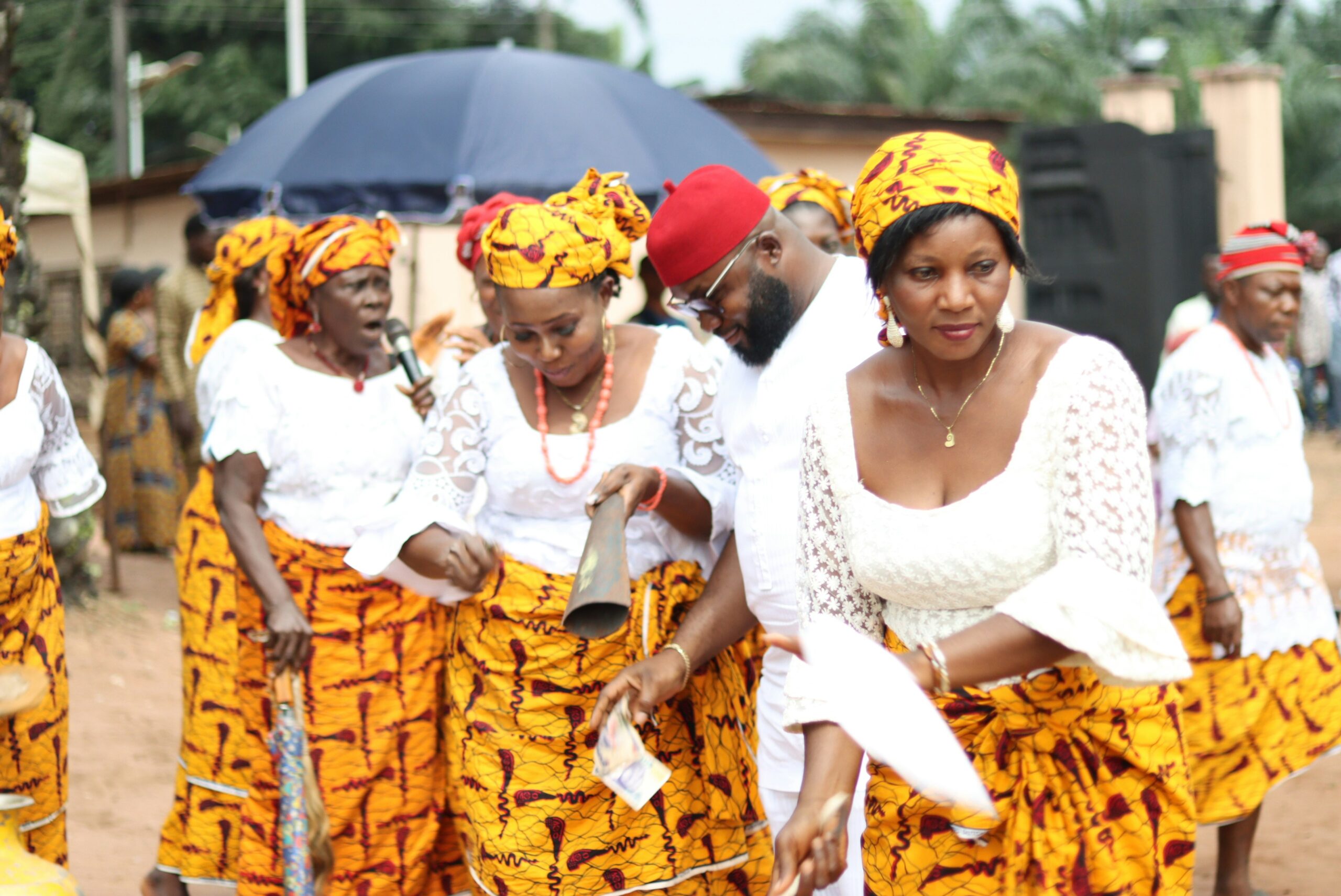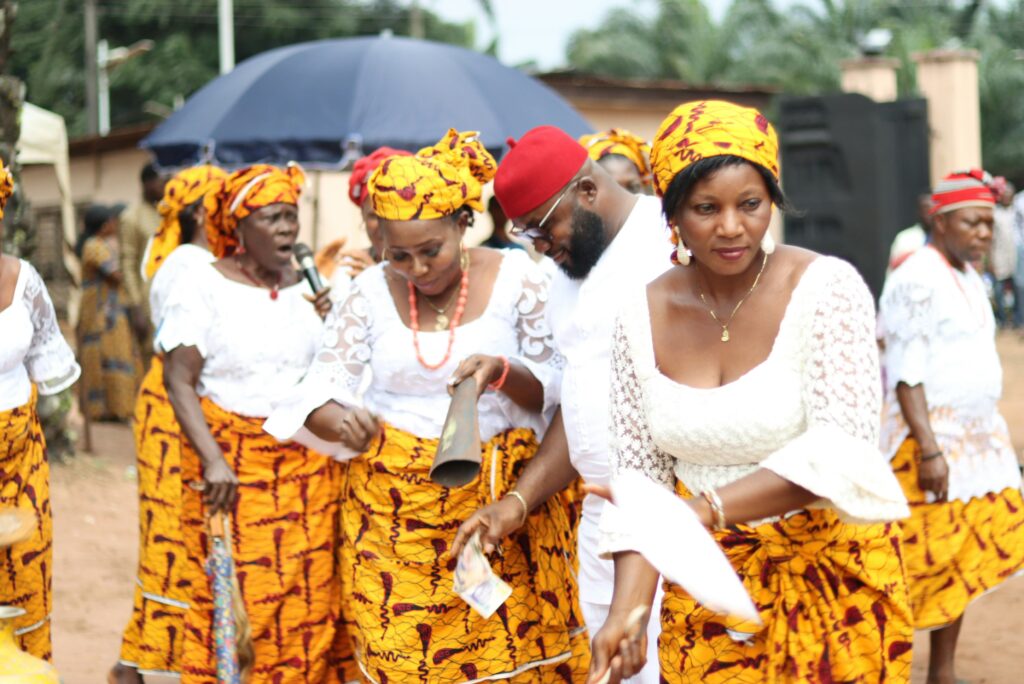Address
304 North Cardinal
St. Dorchester Center, MA 02124
Work Hours
Monday to Friday: 7AM - 7PM
Weekend: 10AM - 5PM
Address
304 North Cardinal
St. Dorchester Center, MA 02124
Work Hours
Monday to Friday: 7AM - 7PM
Weekend: 10AM - 5PM

We love questions here, so here is another… What does it mean to be “Igbotic”? For some, it’s a playful jab, a word thrown around when someone’s mannerisms or speech veer unapologetically into Igbo territory. For others, it’s a badge of honour—a way of saying, “Yes, I’m deeply rooted in my culture, quirks and all.” Either way, being Igbotic is something we all need to lean into with pride, humor, and, of course, a healthy dose of wit.

Let’s start with the sound. The Igbo language is music to the ears, full of tonal inflections and expressions that are both poetic and precise. But, oh, the way we mix our L’s and R’s! To outsiders, it might seem like a linguistic slip, but to us, it’s a feature, not a bug. When an Igbo uncle says, “Prrrease, bring the llladio,” you can’t help but smile. It’s part of the charm, a unique melody that lets you know you’re speaking to one of your own.
And let’s not forget the emphatic way we say, “Ngwa!” or “Chimooo!” It’s not just about the words but the weight and the rhythm behind them. Igbo phrases carry entire worlds of meaning, often requiring no translation for those who share the experience.
Being Igbotic also means embracing our quirks—those little habits and cultural nuances that make us who we are. For instance, every conversation becomes an oratory performance—one of my personal favourites being Engligbo:
“Nna mennnn, e fu the way m jacked nwokem up eh!”
It’s endearing, really. More so, we love to give context, history, and maybe even a life lesson along the way.
And then there’s the art of greeting. If you’re truly Igbotic, you know greetings are a full production. A simple “Hello” won’t do. It’s, “Ndewoo! How is the family? Your wife? The children nko?” Greeting is not just a social obligation; it’s an act of care and community.
Let’s talk about fashion. There’s nothing subtle about being Igbotic when it comes to style. The brighter, the better. From head-turning Isi Agu prints to coral beads that make you feel like royalty, the Igbotic aesthetic is bold and unapologetic. It’s the way we walk into a room like it’s a red carpet, exuding confidence and flair.
Even the famous Igbo “George wrapper” is a statement—a nod to tradition, status, and an appreciation for elegance. And yes, we will dance to highlife music in these outfits, with a deliberate steps that says, “I am here, and I am proud.”
Being Igbotic also means having a deep, abiding love for our food. Whether it’s a bowl of steaming Ofe Nsala, an unforgettable plate of Abacha and Ugba, a nylon-wrapped mold of Okpo, or a well-pounded heap of Loiloi, our food is our pride.
But the beauty of Igbotic food isn’t just in the taste; it’s in the process. Cooking is an event, often involving everyone in the household. From peeling yam to grinding spices, the preparation is as important as the meal itself.
Beyond the humor and the quirks, being Igbotic is about connection—to our roots, our people, and our shared history. It’s about carrying forward the legacy of resilience, entrepreneurship, and community that defines the Igbo spirit.
Yes, we might laugh about how we mix our L’s and R’s or how our uncles insist on pronouncing WhatsApp as “Whatsarpp,” but these quirks are part of a larger story. They remind us of where we come from and the beauty of a culture that’s rich, dynamic, and unapologetically authentic.
So, the next time someone calls you Igbotic, wear it as a badge of honour. Let it remind you of the laughter, the music, the food, and the heritage that make you who you are. Being Igbotic is not just about the quirks; it’s about celebrating a culture that’s vibrant, resilient, and full of life.
In a world that often asks us to conform, being Igbotic is our way of saying, “This is me, and I love it.”